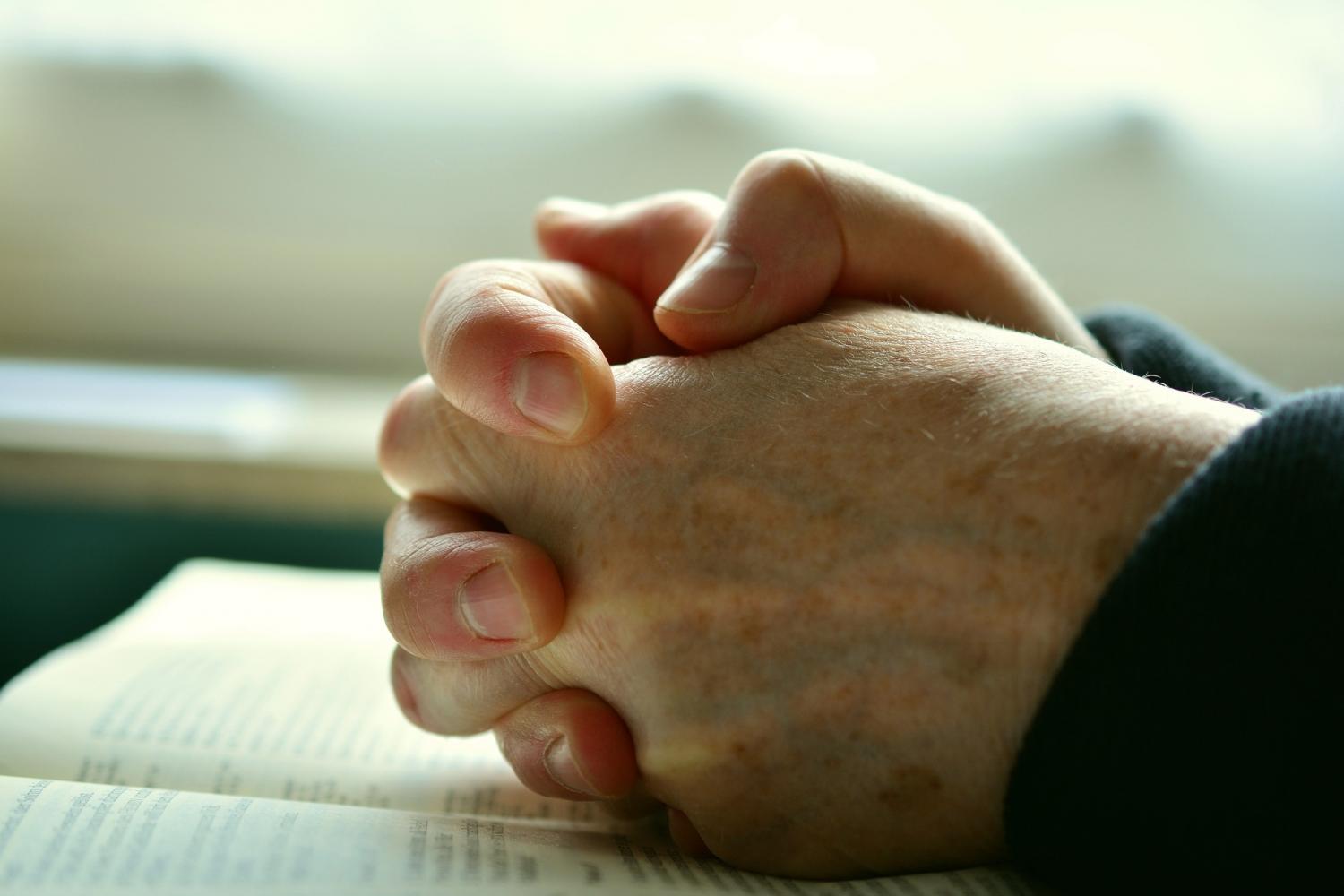
Reformation 2017: Can’t Buy Me Love
By Catherine E. Clifford, professor of theology at Saint Paul University in Ottawa
On Oct. 31, 1517, a young Augustinian monk hung a note on the community bulletin board inviting colleagues and church leaders to challenge and reform the corrupt preaching of his day.
When Martin Luther posted his 95 theses in Wittenberg, Germany, he could hardly have predicted the course of subsequent events. He had no intention of founding a separate “Lutheran” church. Luther sought to restore the Bible to the centre of Christian preaching. He insisted, with St. Paul, that human persons could not attain salvation though their own action, but that God’s love is a free gift of divine grace that God alone can bestow.
Johann Tetzel, a Dominican friar and Grand Commissioner for Indulgences, was selling grace and forgiveness to raise funds for the construction of St. Peter’s basilica in Rome. Unmasking this sham preaching, Luther taught that friendship with God is, as the Beatles’ tune goes: “The kind of thing that money just can’t buy . . . money can’t buy me love.” Luther’s call for the reform of the Roman church triggered a heated confrontation. His sincere motives were quickly lost in a wider conflict between religious and political forces of his day that gave rise to religious wars and fractured Western Christendom along Protestant and Catholic lines.
Now, remarkably, after 500 years of division, Lutherans, Catholics, and other Christians have chosen to commemorate these events together. When the worldwide leadership of the Catholic Church met at the Second Vatican Council from 1962 to 1965, seeking to update the Catholic Church, it renewed efforts to heal the divide between the Christian churches.
Since 1967, Lutherans and Catholics have engaged in a process of dialogue that has dispelled many misunderstandings and helped overcome doctrinal disagreement.
In 1999, Lutheran and Catholic church authorities signed a historic agreement on the doctrine of “justification by faith.” St. Paul’s teaching that humans are brought into right relationship with God, with others, and with God’s creation through God’s gift of grace, and not by purely human effort. Other Protestant communities, including the Methodist World Council (2006) and the World Communion of Reformed Churches (2017), have since adopted this same agreement.
While these developments might not have caught the world’s attention, Catholics and many mainline Protestant churches have been quietly turning the page on the conflict of the 16th century. So much so, that when faced with the 500th anniversary of the events that gave birth to their churches, Lutherans said they could not imagine commemorating the Reformation without Catholic fellow Christians.
Pope Francis travelled to Lund and Malmö, Sweden, in Oct. 2016 with Bishop Dr. Munib A. Yunan, then president of the Lutheran World Federation (LWF), and Rev. Dr. Martin Junge, LWF general secretary, to launch a year-long joint commemoration of the Reformation.
Expressing regret for the continuing separation of the churches, they underlined the faith in Jesus Christ that Lutherans and Catholics share, and renewed their commitment to strengthen efforts for reconciliation.
Throughout this year, Lutherans, Catholics, and other Christians have been meeting, studying, and praying together to renew their friendship and to find ways to work together in the service of others. Luther’s message, that God’s liberating love is not for sale, inspires them to work together against the trafficking and exploitation of human persons (human beings are not for sale) and against environmental devastation (creation is not for sale).
Together they are sponsoring refugees, supporting students and planting trees and community gardens.
Protestant and Catholic Christians continue to reform the life of their communities today by returning together to Jesus’ message of God’s gracious, unconditional love.






